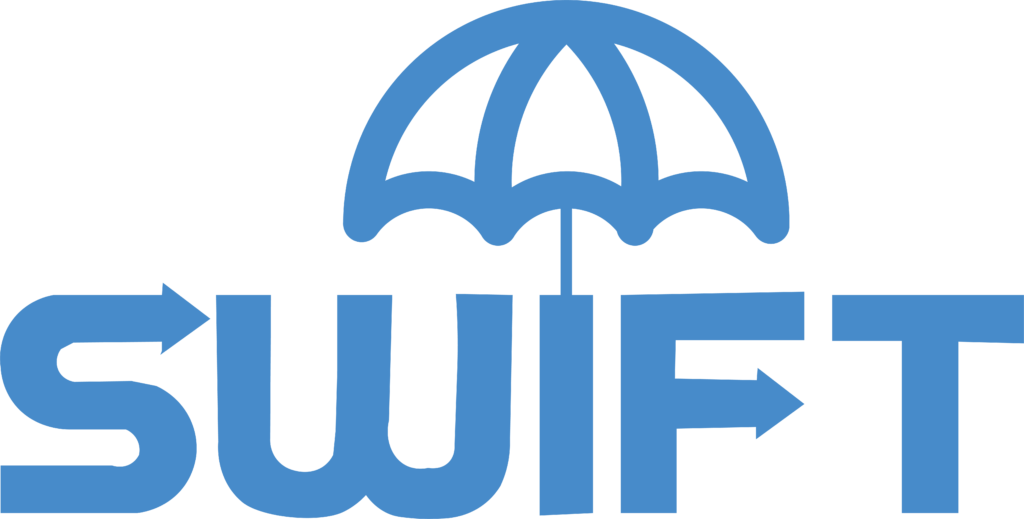Choose from the nation's best insurance providers

Top cleaning businesses we insure
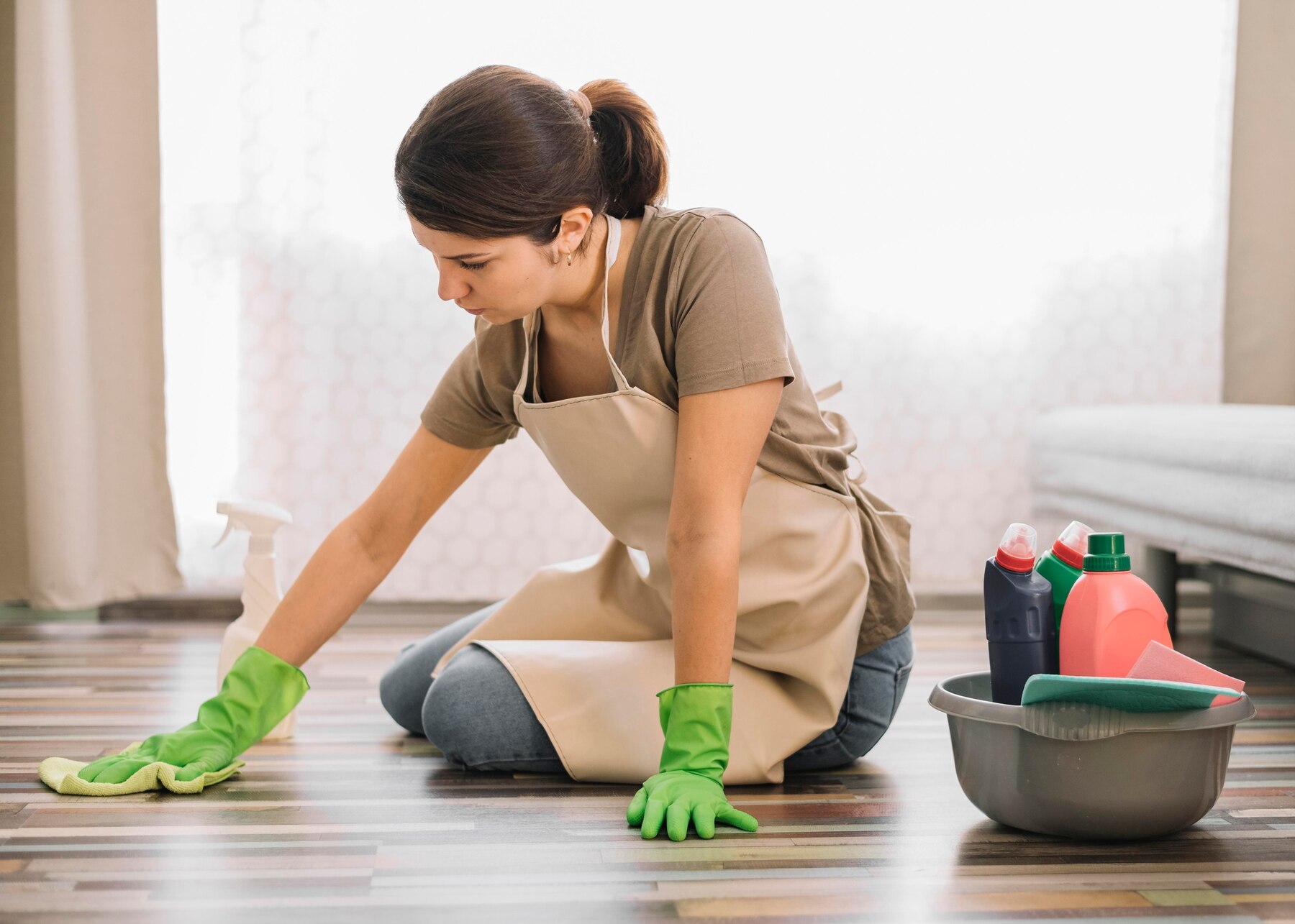
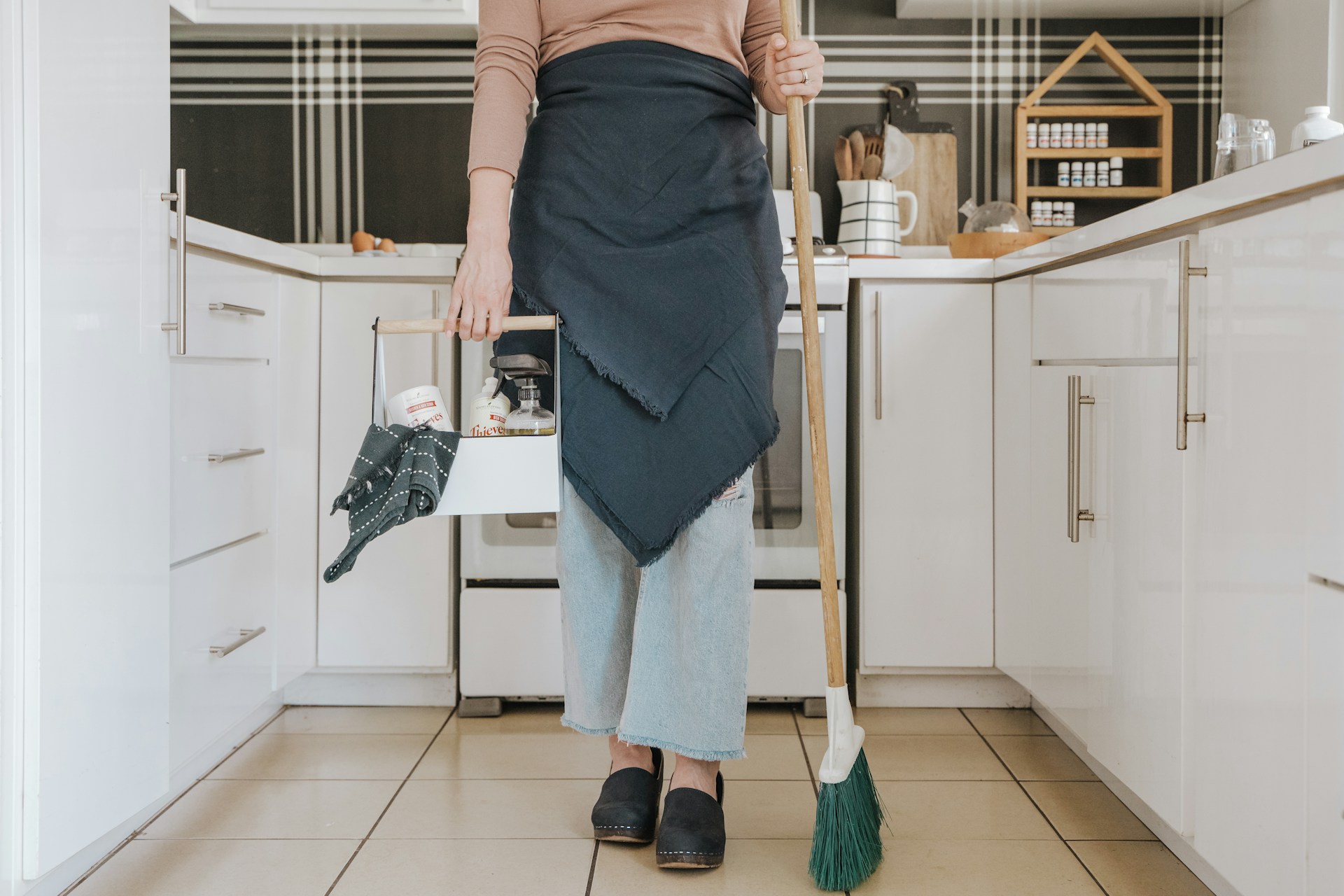
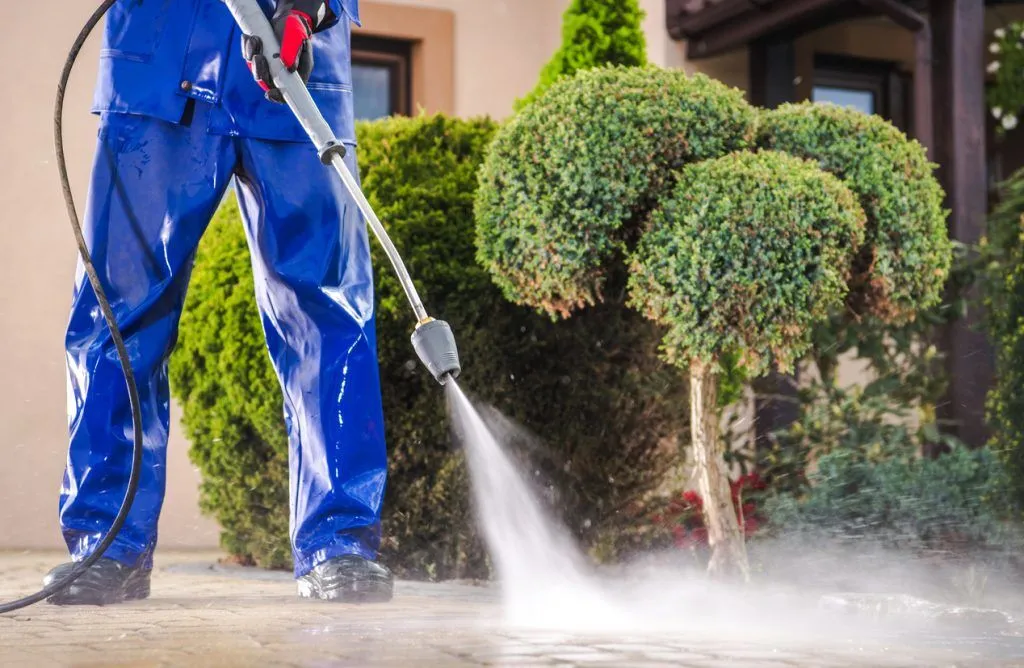
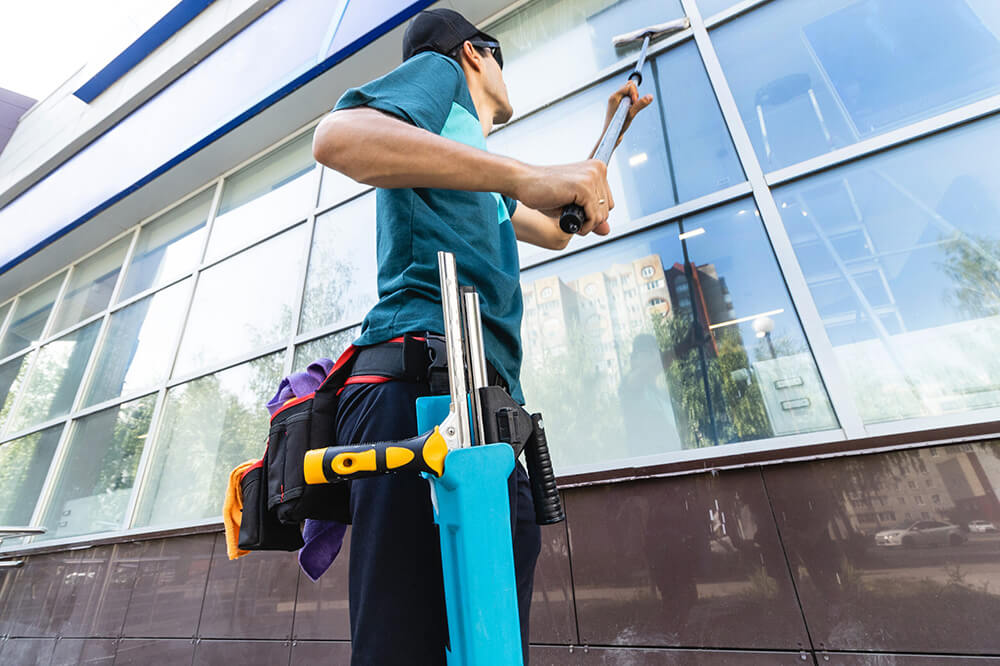
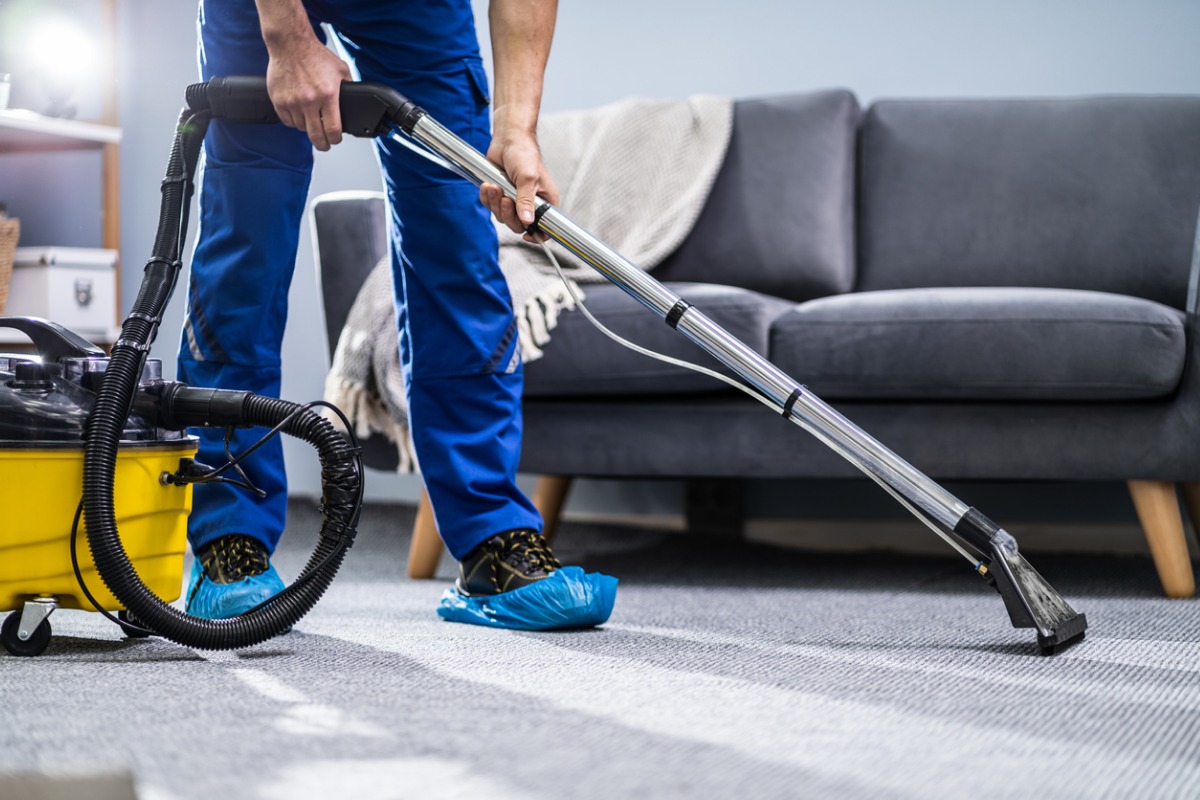


Recommended insurance coverage and bonds for cleaning professionals
A client slipping on a wet floor or the theft of expensive cleaning equipment could financially devastate a small cleaning company. Swift Insurance helps you find the insurance you need to survive accidents and lawsuits.
General Liability Insurance
Covers bodily injuries, customer property damage, and advertising injuries. Often required for commercial leases.
Best for:
Slip-and-fall accidents
Customer property damage
Libel lawsuits
Professional Liability Insurance
Also called E&O insurance, this covers legal costs for professional errors or missed deadlines.
Best for:
Negligence lawsuits
Project disputes
Work mistakes
Workers' Compensation Insurance
Covers medical expenses for employee injuries and is required in most states.
Best for:
Employee medical costs
Disability benefits
Injury-related lawsuits
Business Owner’s Policy (BOP)
Combines general liability and commercial property insurance for small businesses in one affordable package.
Best for:
Customer injuries
Damaged property
Business interruptions
Cyber Insurance
Helps businesses recover from cyberattacks and data breaches by covering recovery costs and customer notifications.
Best for:
Data breach lawsuits
Customer notifications
Fraud monitoring
Commercial Auto Insurance
Covers vehicle-related accidents and damages. Required for business-owned vehicles in most states.
Best for:
Auto accident lawsuits
Vehicle damage or theft
Vandalism
Does my cleaning business need commercial auto insurance?
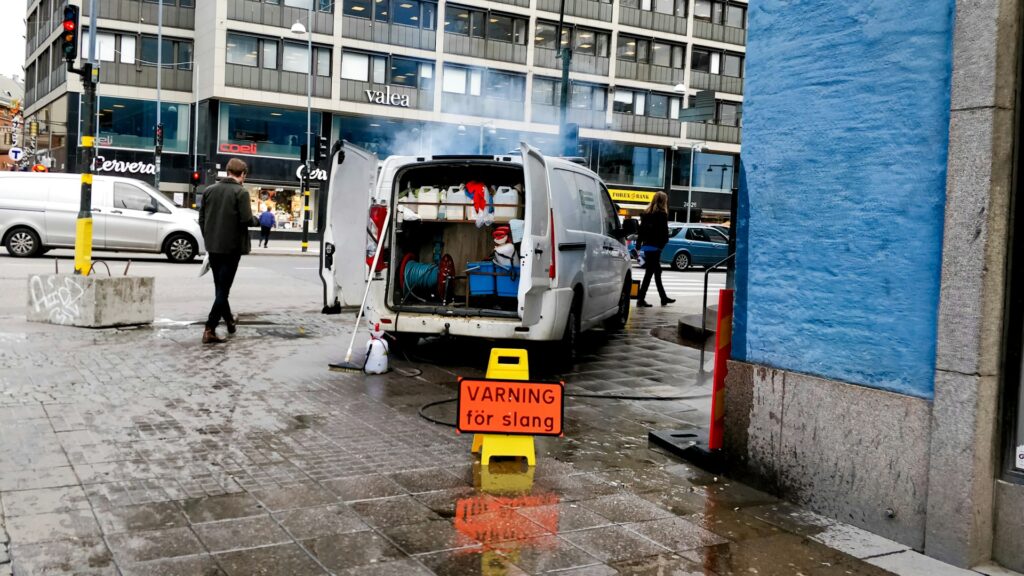
Cleaning businesses that purchase commercial auto insurance often:
- Have a vehicle titled to their business
- Drive to and from worksites
- Carry cleaning supplies, equipment, or products used for work
- Transport employees
- Rely on delivery drivers or couriers
How much does cleaning business insurance cost?
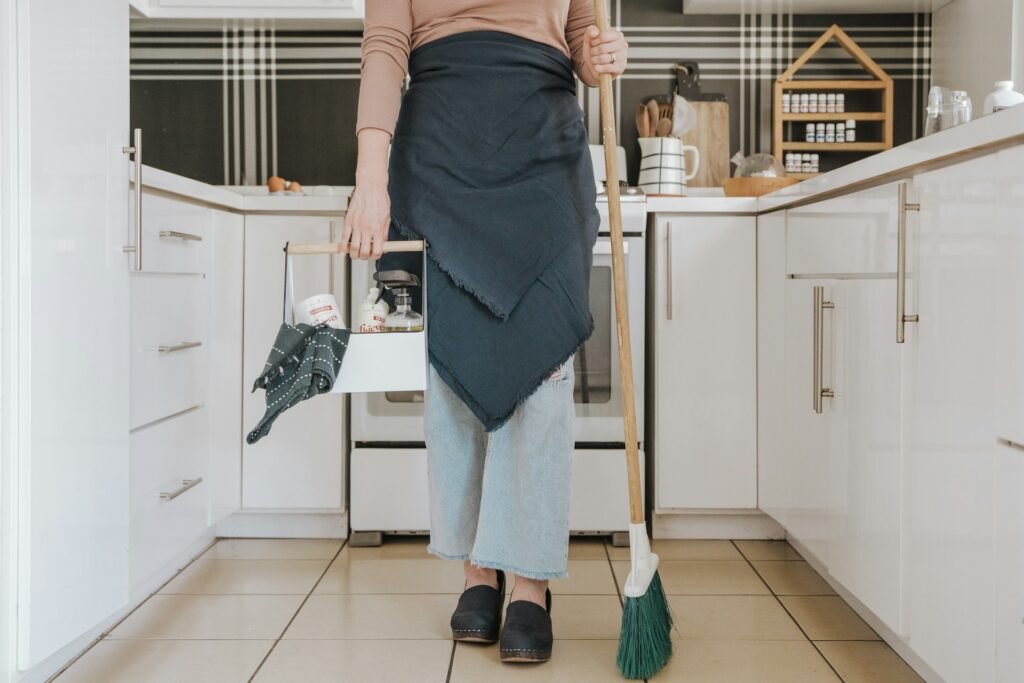
Small cleaning businesses usually pay less for insurance than larger businesses. Several factors affect the cost of cleaning insurance, including:
- The type of cleaning services you offer (maid services, janitorial, Airbnb, etc.)
- Business equipment and property, such as vacuum cleaners and carpet cleaners
- Your business revenue
- Your business location, as well as where you operate
- How many employees you have
- Policy limits and deductibles
Protect your cleaning business today
Swift helps a wide range of businesses get the coverage they need from top-rated U.S. insurance carriers. Complete our easy online application to get free insurance quotes.
Our licensed insurance agents can help you choose the best cleaning insurance policies that meet the needs of your small business.
You’ll typically be able to get coverage quickly and receive a copy of your insurance certificate on the same day.
How do I get cleaning company insurance?
It’s easy to get business insurance for your cleaning company with Swift Insurance. You’ll need to have some basic info about your business on hand, such as annual revenue and number of employees, to get free quotes.
You can buy a policy online and get a certificate of insurance in three easy steps:
- Complete a free online application.
- Compare insurance quotes and choose a policy.
- Pay for your insurance policy and download a certificate of insurance.
Swift’s licensed agents work with top-rated U.S. insurance companies to find the right coverage for your cleaning business, whether you work independently or have several employees working for you.
FAQs about cleaning business insurance
Review answers to top questions about cleaning insurance coverage.
What do cleaning business owners need to know about state laws?
The requirements for cleaning businesses often depend on local laws, particularly state laws. Here are a few instances where your business needs to comply with state and municipal laws:
- You may need a business license. States, counties, and cities often require a license for every business, including cleaning services. A vendor’s license or business license allows you to collect and report sales tax on the cleaning supplies you buy, if you charge your clients for the products you use.
- Certain tasks require a contractor’s license. Pressure washing and other cleaning tasks that involve wastewater discharge may require a contractor’s license, again depending on local laws.
- Your business has its own name. You typically must register under a “doing business as” or DBA name if you call your business by any name other than your own.
- You have employees. Most states require businesses with employees to have workers’ compensation insurance. This policy covers medical bills if an employee suffers a work-related injury or illness. Your employees’ regular health insurance is unlikely to cover medical expenses from a work-related mishap.
- Your business owns a vehicle. Almost every state requires commercial auto insurance for vehicles owned by a business. States also have different requirements for the amount of auto insurance needed.
Do I need a bond for my cleaning business?
Janitorial bonds are required in some circumstances. They show clients your business is dependable, which is especially important when you’re starting a cleaning business. Here are a few instances where you might need a bond:
- Your state requires a bond. In some states, your cleaning business must be bonded or insured in order to get licensed. Your state laws will specify the bond amount.
- Clients might require a bond. Before they’ll allow your cleaners onto their property, some clients might require you to buy a bond. They want guaranteed reimbursement in the event of employee theft.
- A bond gives you an edge over competitors. Being fully licensed, bonded, and insured can help you promote your business. Clients often choose companies with this protection over those that go without.
In other industries, you might see a janitorial bond called a surety bond or a fidelity bond.
Do self-employed cleaners need insurance?
If you’re self-employed, you probably have fewer resources to draw upon in the event of a lawsuit or other business disruption. Additionally, homeowner’s insurance and other personal insurance policies won’t provide coverage for incidents related to work.
For example, if you’re injured on the job, health insurance likely won’t cover your medical bills. And if you get into an auto accident in your own vehicle while driving to a client’s home, your personal auto policy won’t provide coverage.
Clients and government contracts could also require you to carry insurance for your cleaning business, regardless of its size.
That’s why cleaning insurance for the self-employed is crucial, whether you’re a sole proprietor or an independent contactor. It’s also worth forming a limited liability company (LLC) so your personal assets aren’t at risk for business liabilities.
What other types of coverage do cleaning businesses need?
To fully protect your cleaning business from all risks and liabilities, you may need additional coverage. Cleaners should consider the following business insurance policies:
- Commercial property insurance covers property damage at your business’s physical location and other assets, like equipment. It covers the cost of repairing or replacing stolen, lost, or damaged business property.
- Hired and non-owned auto insurance (HNOA) provides liability coverage for personal, rented, and leased vehicles used by your business. Your personal auto insurance is unlikely to cover you for a work-related accident, such as visiting a client’s home or delivering supplies.
- Inland marine insurance provides coverage for products, tools, and equipment while they’re in transit, stored off-site, or used at a jobsite. Standard property insurance only covers these items while they’re stored at your business.
- Contractor’s tools and equipment coverage is a specific type of inland marine insurance for newer items valued at under $10,000. It’s perfect for floor polishers, mops, carpet cleaners, and other commercial cleaning equipment.
